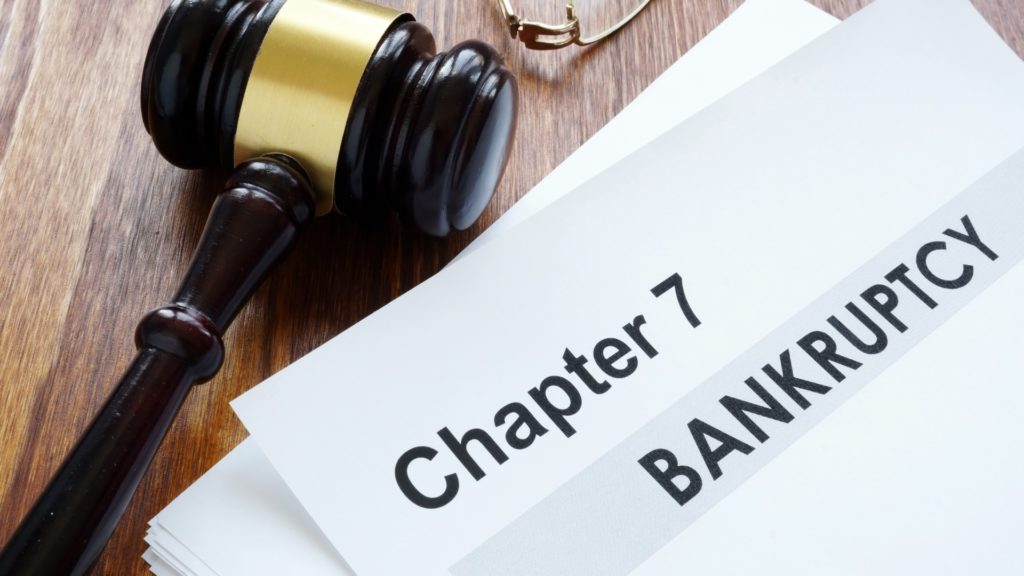
From landing your dream job to buying a home, debt can have a significant impact on your life goals. Making the decision to file Chapter 7 bankruptcy in Texas can be challenging, but with a knowledgeable bankruptcy attorney by your side, you may find that it’s a valuable learning experience. Understanding what Chapter 7 can do and the specifics of the bankruptcy process in Texas can give you peace of mind and put you on a path to financial freedom.
What Is Chapter 7 Bankruptcy?

Chapter 7 Bankruptcy is a court protected action that eliminates unsecured debts such as medical bills, credit card debt and personal loans. As soon as you file Chapter 7, all collection actions are halted, including foreclosure and repossession. The primary aim of Chapter 7 bankruptcy is to give debtors a fresh financial start.
Qualifying for Chapter 7 Bankruptcy

If your income is equal to or below the state median income level in Texas, you are most likely entitled to file for Chapter 7 bankruptcy. If you’re in a higher income bracket, you may be required to undergo means testing to determine whether you are able to repay some of your unsecured debt.
However, if you do have a higher income, it doesn’t mean you’re not eligible for Chapter 7. You may qualify if you have significant expenses such as a high mortgage payment, for example. If you don’t qualify, you can always explore other debt relief options, such as Chapter 13 bankruptcy.
The Chapter 7 Bankruptcy Process in Texas

One of the most labor-intensive aspects of filing for bankruptcy is gathering your financial information. A bankruptcy lawyer can evaluate your income, assets and debt, ensure all relevant information is included, prepare your bankruptcy paperwork and complete your filing. You must also take a credit counseling course to file Chapter 7 bankruptcy.
After a list of your assets and debts is filed with the Texas bankruptcy court, the court appoints a trustee who represents the interests of your creditors. The bankruptcy trustee then holds a meeting of creditors to find out if there are any objections, which are rare. The vast majority of consumers who file Chapter 7 bankruptcy do not have to give up personal property to satisfy creditors’ claims. This is because there are bankruptcy exemptions which allow you to keep your personal assets and belongings.
When your bankruptcy petition is approved by the court, qualifying debts are discharged and removed within weeks or months.
Can I Keep My Home if I File Chapter 7 Bankruptcy?

Chapter 7 puts an automatic stay on the collection of debts but if you’ve fallen behind on mortgage or auto loan payments, your home and vehicles may be subject to foreclosure or repossession unless you catch up on missed payments. There are bankruptcy exemptions that may enable you to keep all of your property.
A skilled bankruptcy lawyer may be able to negotiate with your lender to help you get back on track with a payment plan so you can stay in your home or keep your car. If you’re unable to bring your payments current and a lender won’t negotiate, your attorney may advise you to file Chapter 13 bankruptcy, which allows you to restructure most types of debt.
What Are Bankruptcy Exemptions in Texas?

Although there are federal bankruptcy laws that allow some exemptions for certain property, Texas law is more magnanimous. Texas bankruptcy exemptions can enable you to keep your home, vehicles, pension and up to $50,000 in personal property such as livestock, firearms and other assets.
Each case is different, and the rules surrounding Texas bankruptcy exemptions are complex. If you’re filing Chapter 7 bankruptcy in Texas and want to keep your home, car and other property, it’s critical to have an experienced Dallas bankruptcy attorney by your side.
Which Debts Cannot Be Discharged in Chapter 7?
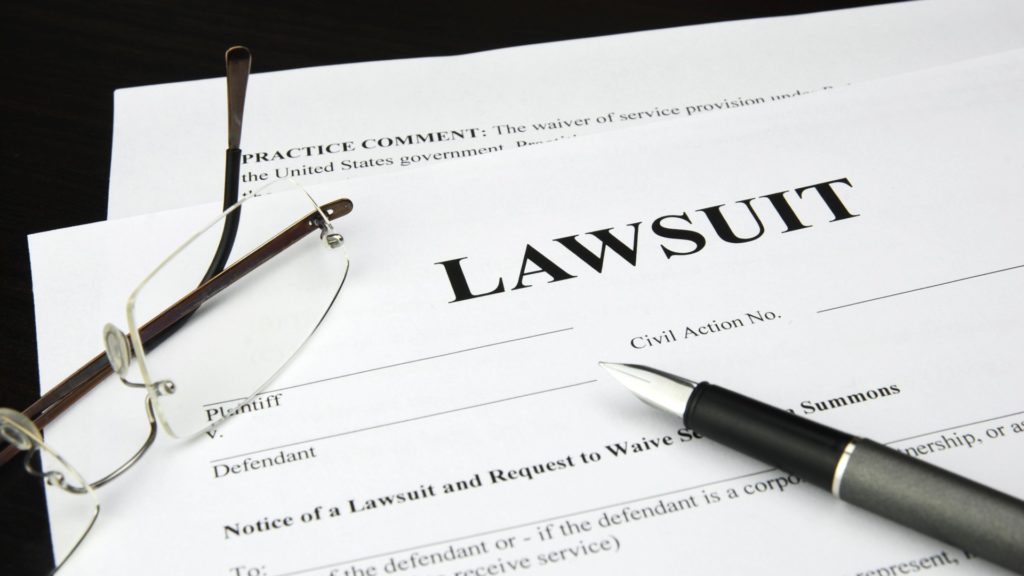
There are some types of debt that are non-dischargeable in Chapter 7, including:
- Alimony
- Child support
- Certain types of taxes
- Student loans
- Criminal fines, fees and restitution
- Claims owed due to an accident caused by operating a vehicle while intoxicated
Other lawsuits and judgments can also be disputed. If a debt involves fraud or theft, it may be challenged. The party disputing a debt must file a formal adversary proceeding within 60 days of your meeting of creditors. If an objection is not raised by a creditor within that time frame, most debts can be discharged and completely eliminated.
Is Chapter 7 Bankruptcy Right for Me?
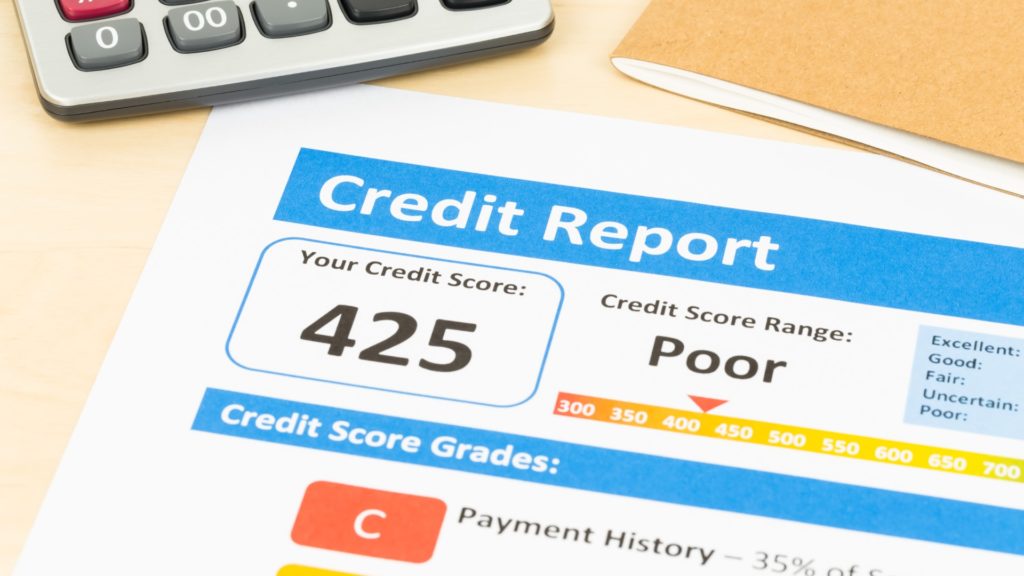
Filing bankruptcy isn’t a one-size-fits-all solution. Some consumers may benefit from filing Chapter 7. For others, Chapter 13 bankruptcy or other debt relief solutions may be more appropriate. Chapter 7 may be an effective option for you if one or more of the following apply:
- You have a substantial amount of credit card debt and/or medical bills
- You’re inundated with collection calls and notices
- You don’t have adequate income to pay your bills
- You’re currently behind on house and car payments or don’t own much property
- You have a low credit score
How Will Filing Chapter 7 Impact My Credit?
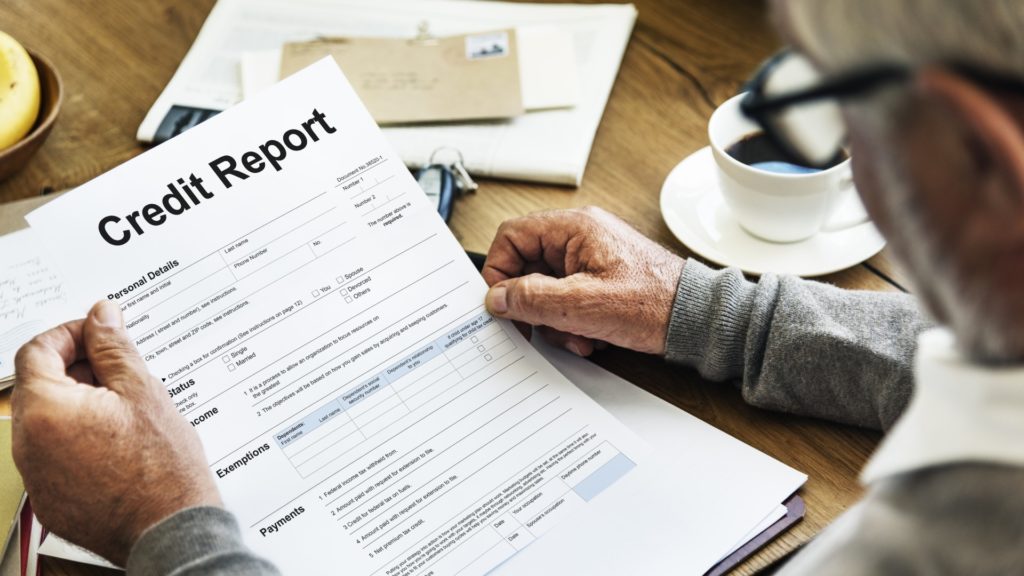
Filing bankruptcy does have an impact on your credit, but most people filing Chapter 7 already have low credit scores. It also gives you a fresh opportunity to rebuild your credit and practice responsible money management habits that can raise your score in the future.
A Chapter 7 bankruptcy can stay on your credit report for up to 10 years, but that doesn’t mean you can’t repair your credit during this time. On-time payments and careful use of a secured credit card can help you rebuild your credit and boost your score. Make sure to keep an eye on your credit report and look out for any inaccuracies. You can check it for free yearly at AnnualCreditReport.com. Keeping up on your credit report and score can also help protect you from becoming a victim of identity theft.
How a Texas Bankruptcy Attorney Can Help

Filing bankruptcy is a serious decision that can have a significant impact on your financial future. A skilled bankruptcy lawyer can help you understand your options and how filing bankruptcy may affect your life. Your lawyer will always look out for your best interests and guide you through Chapter 7 from start to finish. Having the legal support you need can put your mind at ease and make the entire process much easier.
Schedule a Free Consultation with a Chapter 7 Bankruptcy Attorney
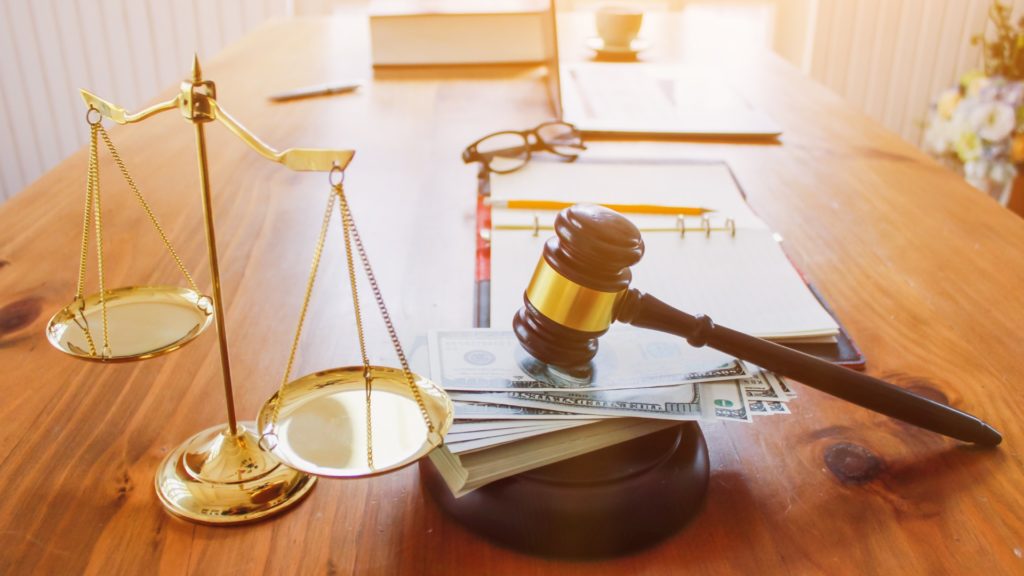
If you’re dealing with the stress of overwhelming debt, you don’t have to go it alone. To schedule a free bankruptcy consultation at Leinart Law Firm, use our convenient chat feature or fill out the contact form on our website. You can also email us. Our Dallas and Fort Worth bankruptcy lawyers serve clients throughout north Texas.


